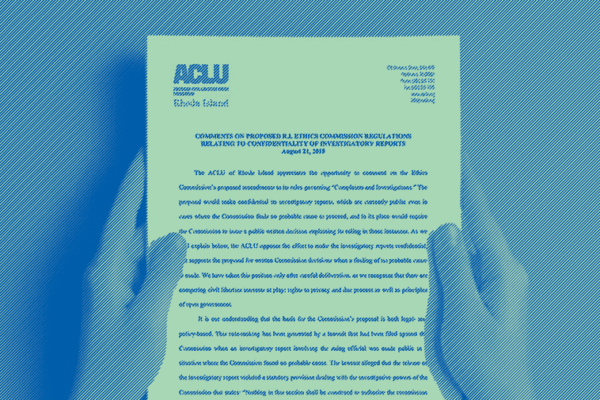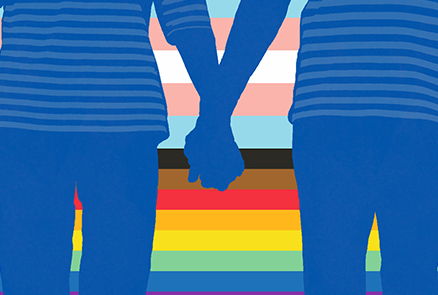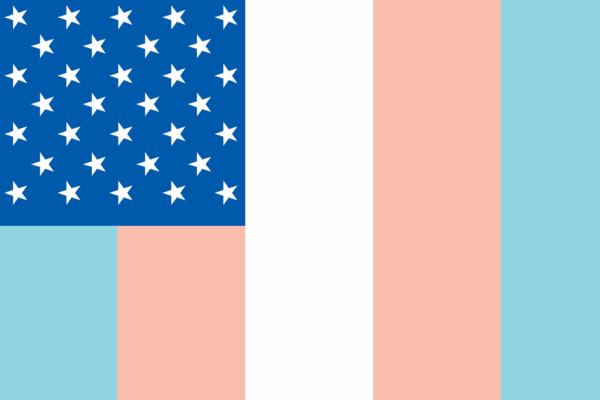Lesbian, gay, bisexual, transgender, and queer (LGBTQ+) students face discrimination and harassment at school all too often.
Since some school officials may not know that the law requires them to protect LGBTQ+ students, this pamphlet provides info about students’ rights as they relate to sexual orientation, and gender identity & expression in K-12 public schools in RI.
Lesbian, gay, bisexual, transgender, and queer (LGBTQ+) students face discrimination and harassment at school all too often. Since some school officials may know little about how the law requires them to protect LGBTQ+ students, this pamphlet provides info about students’ rights on this topic.
Last Updated: March 2023
The information below should not be taken as legal advice. If you have additional questions, or if you feel your rights have been violated, please contact the ACLU of RI.
Documents
Related Content

LETTER Re: Proposed Smithfield School Policy on LGBTQ+ Student Privacy

REPORT: Beyond Bathrooms: Transgender & Gender Non-Conforming School Policies (June 2017)

ACLU Report Highlights Need for Statewide Policy to Protect Transgender Students
Stay Informed
Sign up to be the first to hear about how to take action.
By completing this form, I agree to receive occasional emails per the terms of the ACLU’s privacy statement.
By completing this form, I agree to receive occasional emails per the terms of the ACLU’s privacy statement.


